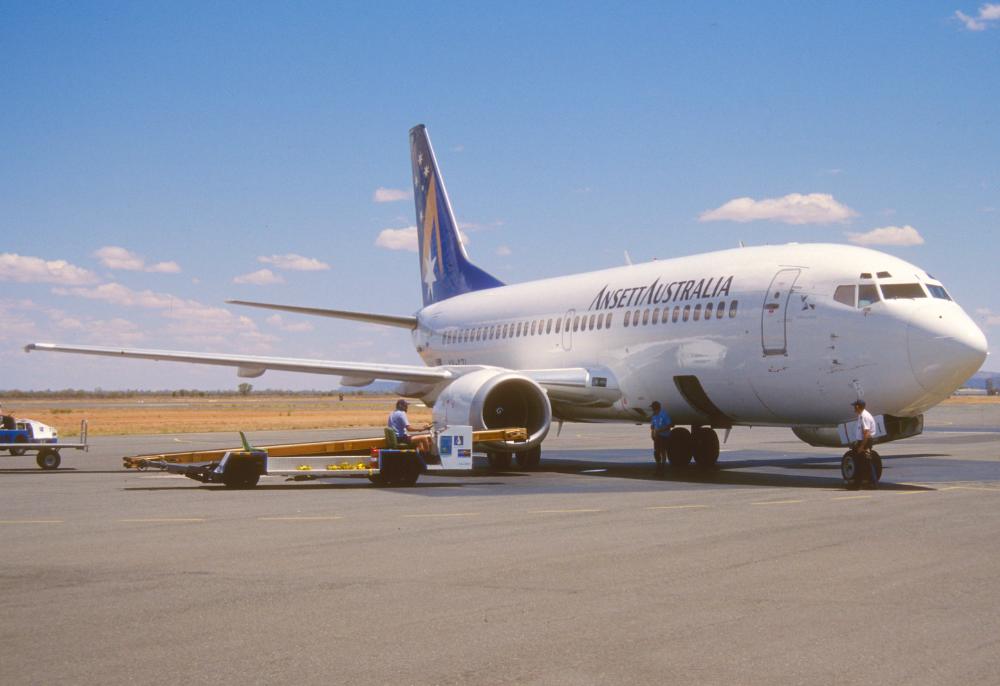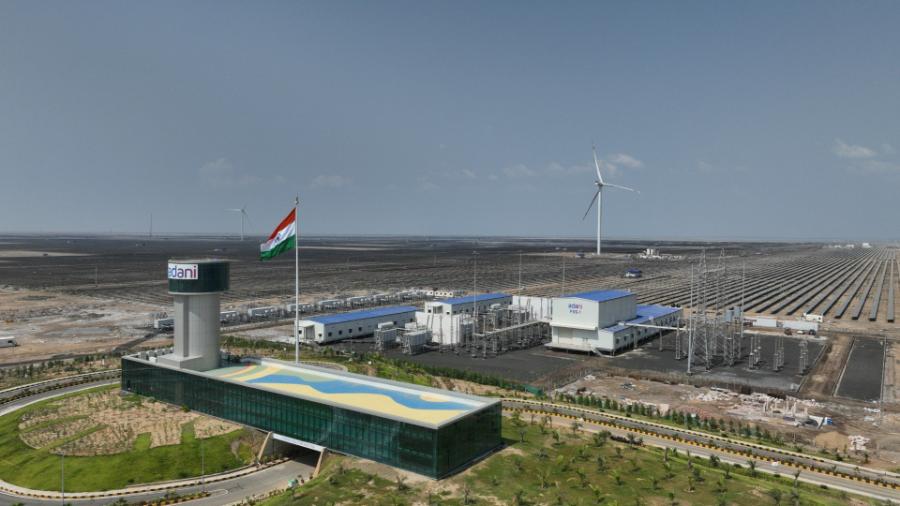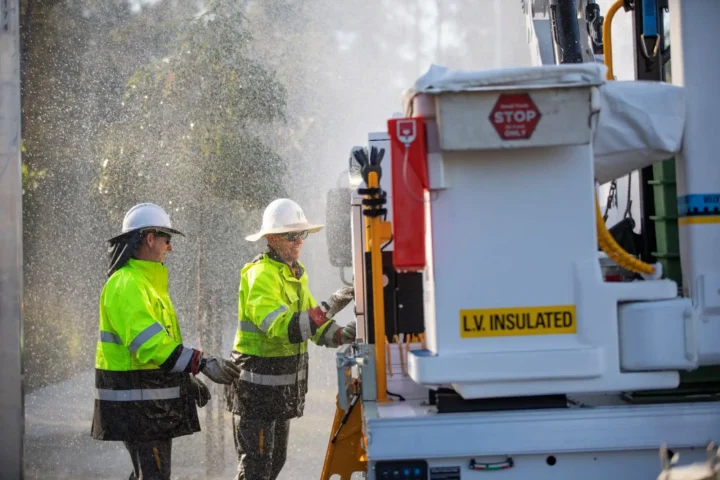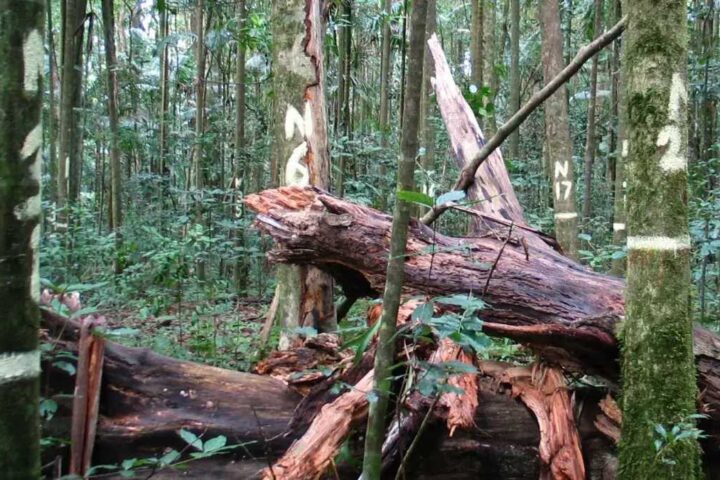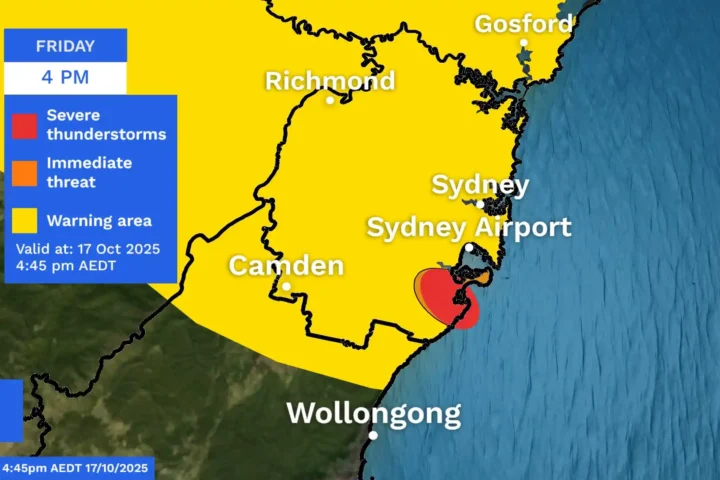I’ll address all the verification issues identified in the fact-check document and make only the necessary edits to ensure complete factual accuracy.
From Wings to Web: Ansett Reborn as AI-Powered Travel Platform
In a bold digital pivot that’s raising eyebrows across Australia’s travel sector, the once-defunct Ansett brand has returned to the marketplace—not with aircraft, but algorithms.
Melbourne entrepreneur Constantine Frantzeskos has revived the trusted Ansett name as what he describes as Australia’s first fully AI-driven travel agency, officially launching on July 18, 2025, with a business model built entirely around artificial intelligence rather than aircraft.
The rebirth comes 24 years after the airline’s 2001 collapse, which left 16,000 employees jobless and ended a 65-year aviation legacy. The original carrier, founded by Sir Reginald Ansett in 1936, operated 69 aircraft and flew approximately 10 million passengers before financial troubles grounded operations permanently.
“The Ansett trademark had lapsed, and when I discovered this quiet opportunity, I registered it immediately,” Frantzeskos explained on his LinkedIn announcement. The entrepreneur, who has worked with various travel and tourism brands including advisory roles with Emirates, Saudi Tourism, and Dubai Tourism, saw potential in the dormant yet recognizable brand.
Unlike traditional online travel agencies, Ansett Travel operates through a tech stack developed in partnership with Victorian-based Travlr (named Victoria’s Startup of the Year), integrating large language models, predictive pricing tools, and recommendation systems. The platform’s AI capabilities enable it to offer personalized itineraries based on travelers’ preferences, budgets, and even calendar events.
Travelers using the service can access flights from over 500 airlines and accommodations at more than 3 million hotels worldwide, according to company claims. The business offers near-wholesale pricing through a subscription model, with members reportedly saving up to 25 percent on standard retail rates for flights and accommodations.
What distinguishes this venture is its lean operation—Frantzeskos is the sole human behind the company, with a fleet of generative AI agents handling everything from pricing calculations to customer support. “I’m building the personal travel agent of the future that understands you, your family, your needs, your budget, and where you’ve been,” he told B&T.
The business model eliminates traditional overhead costs associated with human staff while promising enhanced personalization.
Similar Posts
The Ansett Travel website (ansett.travel) features branding that employs a retro-inspired typeface reminiscent of the original Ansett identity, creating visual continuity with the original brand while positioning the service firmly in the digital age.
Future features planned for rollout include auto-generated travel itineraries, pre-trip alerts, and personalized loyalty experiences. Frantzeskos envisions an AI system that will eventually eliminate the need for manual travel planning altogether.
“Eventually, we believe people won’t have to search or plan holidays at all,” Frantzeskos told B&T. “Your travel concierge will know when the kids are on school holidays or when you need a break, and quietly offer the perfect trip. It’s not about replacing people, it’s about anticipating and tailoring times when we want to have fun or disconnect.”
While Ansett Aviation Training continues to operate separately as a flight simulator training facility in Melbourne, this new digital incarnation represents a complete reimagining of what the Ansett brand means for Australian consumers.
For a travel industry adapting to post-pandemic realities, this AI-first approach represents a new direction in travel booking services.
Whether the strategy will ultimately take flight in a competitive travel marketplace remains to be seen, but Frantzeskos is betting that this cloud-based reincarnation of a once-mighty airline brand will resonate with both nostalgic travelers and digital natives seeking streamlined booking experiences.

As the travel industry evolves toward more sustainable practices, Ansett Travel’s low-overhead AI model also presents opportunities to reduce the carbon footprint traditionally associated with large-scale travel operations, though the company has yet to announce specific environmental commitments or carbon offset options for travelers.
The platform’s handling of consumer data will need to comply with Australia’s privacy framework, especially as AI-driven services fall under increasing regulatory scrutiny worldwide. This will be particularly important as the company develops its predictive features, which necessarily involve processing personal information to anticipate travel needs.
